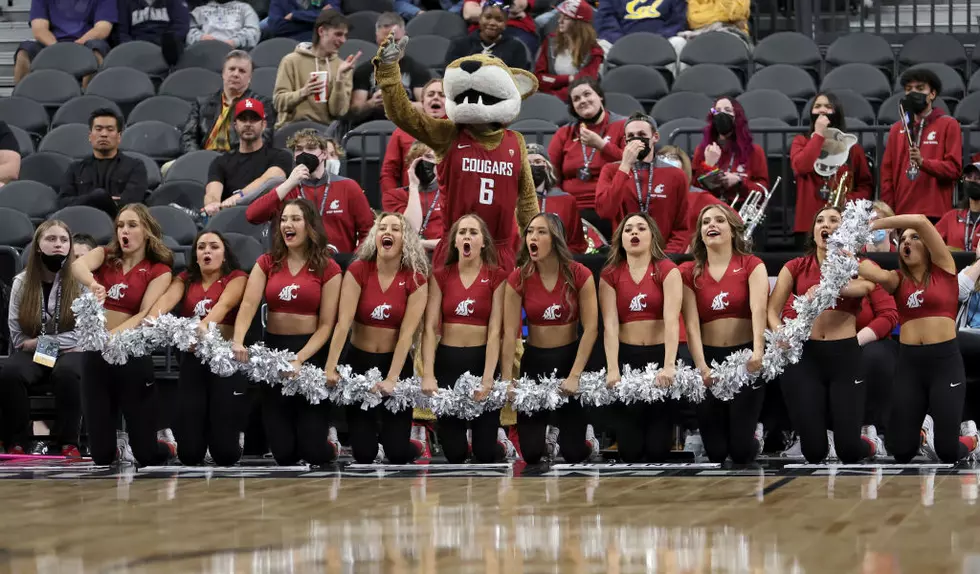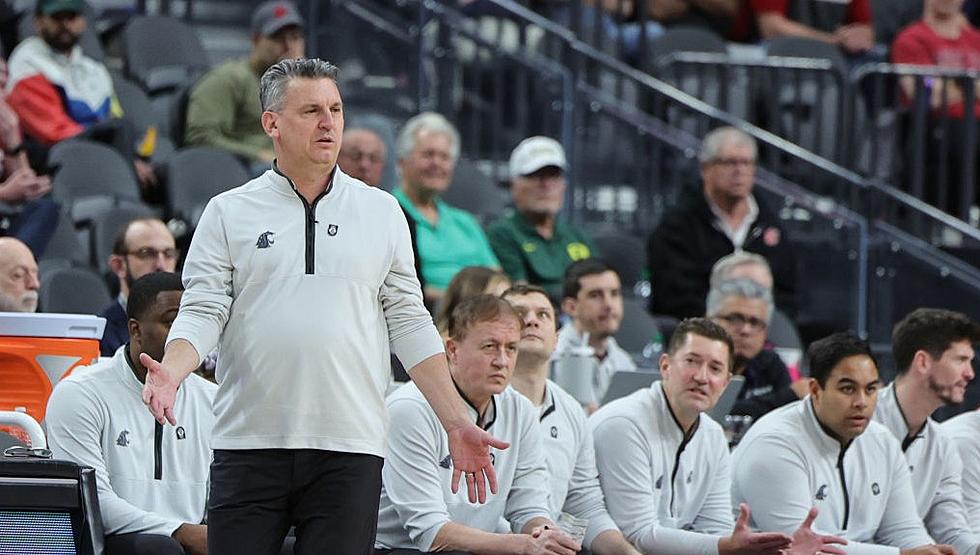
Pac-12 Unsettled, CFP Managers’ Difficult Decision on Reserved Bids
College Football Playoff managers will meet this week, but with the future of the Pac-12 still unsettled, it will be difficult to make a final decision on whether the number of places reserved for conference champions in the soon-to-be expanded field should be six or five.
The 10 conference commissioners and Notre Dame's athletic director that comprise the CFP management committee will gather Tuesday and Wednesday at the Big Ten offices just outside Chicago.
Since the last CFP meeting, Stanford and California announced they will be exiting the Pac-12 for the Atlantic Coast Conference next year. Still, Oregon State and Washington State remain committed to rebuilding the Pac-12.
The playoff expands from four teams to 12 next season and the managers have already agreed the field should be made up of the six highest ranked conference champions and six at-large selections, regardless of league.
But that was before the Pac-12 was torn down by conference realignment.
“Six and six worked at the time we were making the decision, but circumstances have changed,” Southeastern Conference Commissioner Greg Sankey said Saturday night at the Arkansas-LSU game.
The Pac-12 has status as a Power Five conference for two more years under the current CFP contract. That status comes with much larger revenue payouts than that of the so-called Group of Five conferences.
Whether there will be a Pac-12 next year remains murky, but it is clear a new Pac-12 will not be as strong as the current one, Sankey said.
“There is a need for clarity on what’s going to happen out West, but the strength of the Pac-12 – and, I mean this respectfully to Washington State and Oregon State ... that strength has migrated into other conferences," Sankey said.
The Pac-12 has six ranked teams this week, including Washington State at No. 16 and Oregon State at No. 19.
“And if you look at a six-and-six format from (2024) forward, the sixth-best conference champion would be unranked some years, or in the 20s, and you’re displacing now the 11th-ranked team," Sankey said. "That just doesn’t work, and we have to understand that. And that’s not meant to be disrespectful to anyone. That’s just meant to acknowledge new realities.”
Making a change in the format for the next two seasons would require a unanimous vote among the 11 managers. Not everyone believes the number of conference champions included in the field should change because the number or composition of conferences is about to change.
“There's only going to be a (Power Four), we get that. We understand that,” American Athletic Conference Commissioner Mike Aresco said. “There might be calls for let's change this to 5-7, but for the two years remaining where you need unanimity, why would we give up the 6-6, where we would have somewhat greater access?”
There are no contracts in place for the College Football Playoff beyond 2025. While the 12-team format has been agreed upon, other aspects of the model and how the CFP is managed could be changed. That includes the need for unanimity among the participating conferences.
Aresco and others in the Group of Five might want to protect the 6-6 model in the short-term, but it could come at the risk of the power conferences shrinking access to the playoff even more drastically in the long-term.
“We will fight to keep 6-6 for at least a couple of years,” Aresco said. “Beyond that, I think the key for us is to make sure there are at least five automatics."
The university leaders of Oregon State and Washington State said last week they hope to have the clarity they need about the Pac-12's finances and who has the legal right to run the conference in the next 30 days.
At that point, they should be able to make decisions about conference affiliation for next year. They have said some type of partnership with Mountain West schools is likely, but NCAA rules also allow for a two-team conference for two years.
“We want to be respectful of colleagues out West as they’re dealing with considerations about their future,” Sankey said. "But we also have to make some decisions and provide some clarity in a relatively short order.”
More From 1460 ESPN









